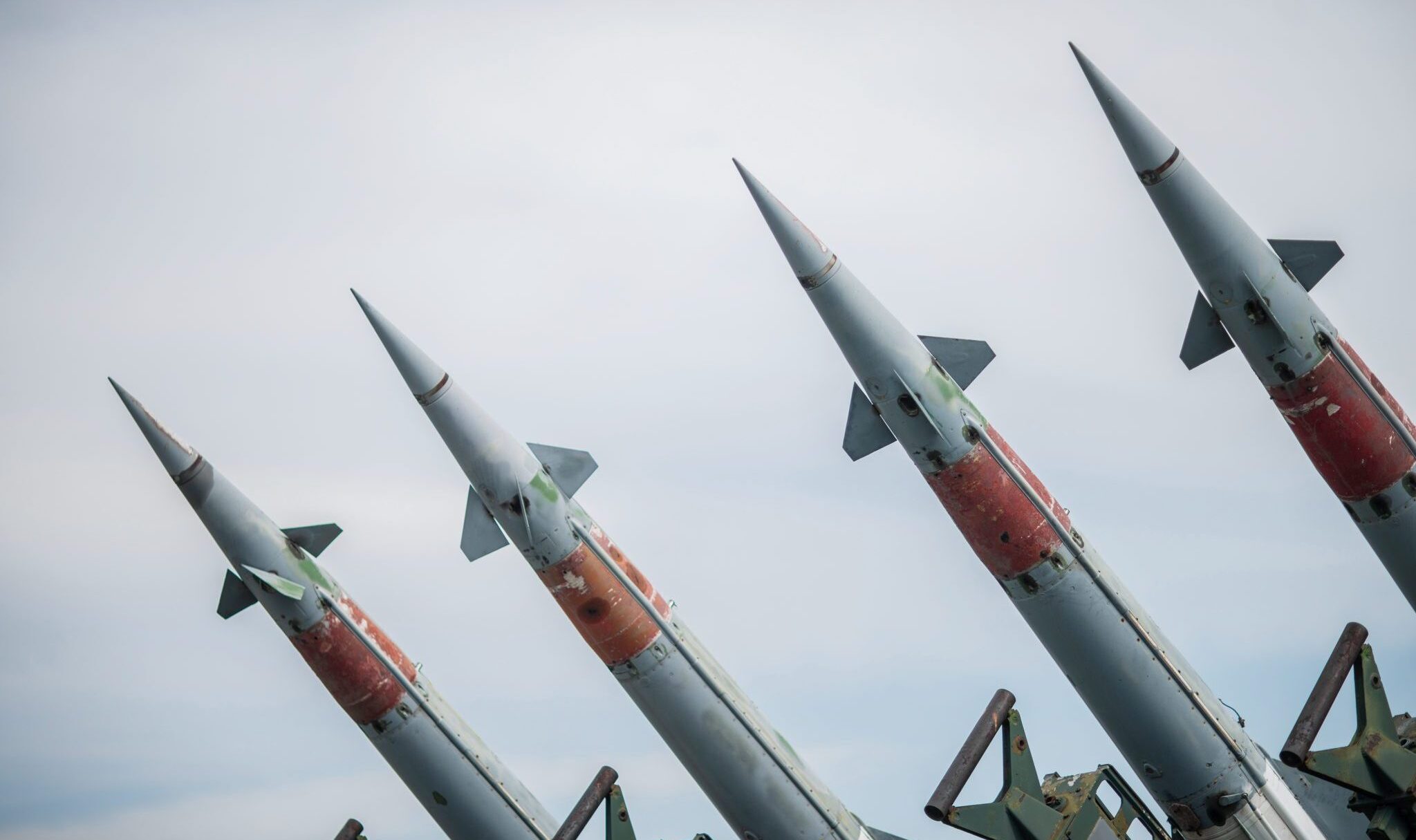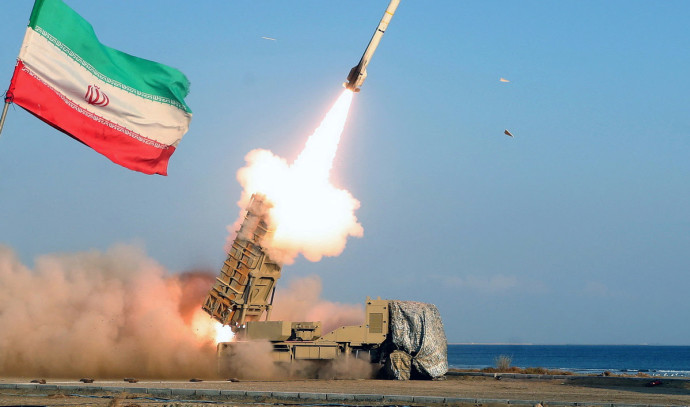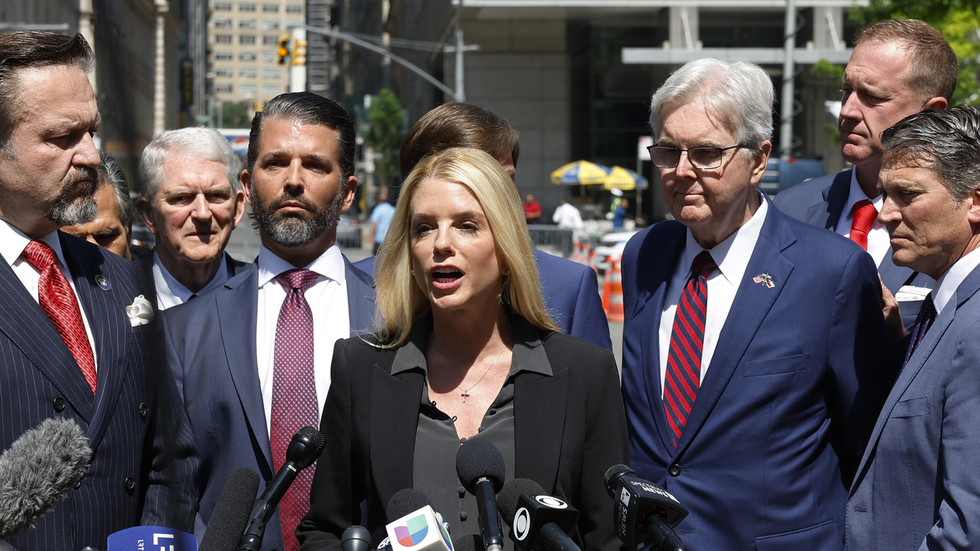UK trial reveals Russian spy ring targeting journalists, dissidents, and military sites with tech and fake identities.
By CORINNE BAUM NOVEMBER 29, 2024 04:46 A bus is driven across Westminster Bridge past the Houses of Parliament during foggy weather in London, Britain, February 7, 2023.
(photo credit: TOBY MELVILLE/REUTERS)
A bus is driven across Westminster Bridge past the Houses of Parliament during foggy weather in London, Britain, February 7, 2023.
(photo credit: TOBY MELVILLE/REUTERS)
A Russian spy ring carried out a series of complex operations targeting exiled nationals, journalists investigating Russia, and a Kazakh politician, prosecutors told jurors at the Old Bailey court on Thursday, as reported by the Standard.
The London-based foreign agents reportedly surveilled targets, compiled thorough intelligence reports, and gave the information to a spy handler, the Standard reported.
Bulgarian nationals Katrin Ivanova, 33, Vanya Gaberova, 30, and Tihomir Ivanchev, 39, are accused of being a part of the spy ring and gathering intelligence to benefit Russia.
Lead prosecutor Alison Morgan told jurors that two other members of the ring, Orlin Roussev, 46, and Biser Dzhambazov, 43, confessed to conspiracy to spy. Their admissions were reported in British media for the first time on Thursday.
Gathering information for Russia
According to Reuters, Morgan said the group used false identities, deployed advanced technologies, and compiled intelligence reports in return for “significant sums” from August 2020 to February 2023.
Ivanova, Gaberova, and Ivanchev allegedly reported to Roussev, who in turn reported to spy handler Jan Marsalek, an Austrian national, who gave the information to Russian intelligence services.
The prosecution said that Marsalek used the alias Rupert Ticz. He is the former chief operating officer for collapsed payments company Wirecard, and his current whereabouts are unknown, Reuters reported.
The BBC reported that Morgan told jurors that the agents “all knew why they were being tasked to conduct their operations. Their activity was being undertaken for the direct or indirect benefit of Russia.”
The three suspects on trial deny the charges of conspiracy to gather information useful to an enemy. Ivanova also denies possessing false identity documents, Reuters reported.
Stay updated with the latest news!
Subscribe to The Jerusalem Post Newsletter
“Over a period of nearly three years, they sought to gather information for the benefit of Russia, an enemy of the UK - information about various targets, both people and physical locations, information of particular interest to the Russian state,” Morgan said, as reported by the Standard. “Their activities caused obvious and inevitable prejudice to the safety and interests of the United Kingdom.”
According to Morgan, Roussev’s guesthouse had a large amount of spyware equipment. The BBC reported that the ring accumulated 221 mobile phones, 258 hard drives, 495 SIM cards, 33 audio recording devices, 55 visual recording devices, 11 drones, 16 radios, Wifi eavesdropping devices and jammers, 75 personal identification documents, including passports, 55 of which were in other individuals’ names.
Six key operations
The prosecution outlined to jurors at the Old Bailey how the spy ring had been involved in six key operations.
Surveilling an investigative journalist
Roussev discussed potentially killing Bulgarian journalist Christo Grozev, who uncovered Russian links to the 2018 poisonings of Sergei and Yulia Skripal in Salisbury. Grozev is the chief investigative journalist covering Russia for the Bellingcat group. He was placed on a wanted list by the Russian Interior Ministry for his investigations, which included looking into activities by the GRU ‘Unit 29115’, a Russian intelligence organization with foreign assassination links. The prosecution said that Roussev and Marsalek exchanged messages in 2021 about ways to target Grozev, including strategically sitting team members next to him on flights or robbing him of his laptop and phone and taking it to the Russian Embassy. The two agents also discussed kidnapping Grozev and taking him to Moscow, Reuters reported.
Targeting The Insider
The ring allegedly targeted Russian investigative journalist Roman Dobrokhotov in late 2022. Dobrokhotov, founder and editor-in-chief of the media outlet The Insider, had to flee Russia after he was arrested and his passport was taken from him.
Targeting a Kazakh politician
The prosecution told jurors that the spies targeted Bergey Ryskaliyev, a former Kazakh politician, in November of 2021, the BBC reported. Ryskaliyev fled his native Kazakstan and sought asylum in the United Kingdom. Morgan argues that this instance proved a clear motive for Russia to develop relations with Kazakhstan, according to the BBC report.
Faking a disruptive protest at the Kazakh embassy
Prosecutors say this instance involved staging a demonstration outside the Kazakh embassy in London to create the pretense that they had details of those responsible, which they would pass to Kazakh intelligence to gain favor with Kazakhstan on behalf of Russia, Reuters reported.
Surveilling a US military base
This instance involved surveillance of involving surveillance in late 2022 at the Patch barracks in Germany, a US base near Stuttgart. As reported by the Standard, Morgan said that the base was “believed by the defendants to be a location where Ukrainian forces were being trained in the use of surface-to-air weapons, at the very time of Russia’s invasion into Ukraine. The defendant’s plan was to target the airbase using a range of highly sophisticated technology designed to capture key intelligence about those present on the base.”
Targeting a Russian-designated foreign agent
The sixth operation targeted Russian expat Kirill Kachur, who was targeted from September 2021 to February 2022, the Standard reported.Kachur, a Kremlin dissident, was previously employed by the Investigative Committee of Russia. The Standard reported that he left Russia in 2021 and was declared a foreign agent by Russian authorities in 2023.
Reuters reported that Morgan argues that the agents’ activity was extremely risky personally and involved following targets on planes. The group reportedly envisaged that the two female suspects would be used as a "honey trap, as sexual bait to capture more information from their targets."
Thursday's hearings come amidst rapidly deteriorating relations between the two countries. Ukraine fired British-made long-range missiles into Russia earlier this month, which Russian Prime Minister Vladimir Putin said added “elements of a global nature” to the Ukraine-Russia war.
Russia accused a British diplomat of espionage and expelled him from the country on Tuesday. In October, UK domestic spy chief Ken McCallum said that the “GRU in particular is on a sustained mission to generate mayhem on British and European streets.”
Morgan closed by telling jurors that the given agents’ risky activity was “inconceivable that they did not know what they were doing and why they were doing it.”
The jurors will hear more about the group’s London activities as well as international ones in places such as Montenegro, Valencia, Vienna, and Stuttgart. The trial will last until February.

 By The Jerusalem Post (World News) | Created at 2024-11-29 03:00:11 | Updated at 2024-11-29 05:33:41
2 hours ago
By The Jerusalem Post (World News) | Created at 2024-11-29 03:00:11 | Updated at 2024-11-29 05:33:41
2 hours ago








